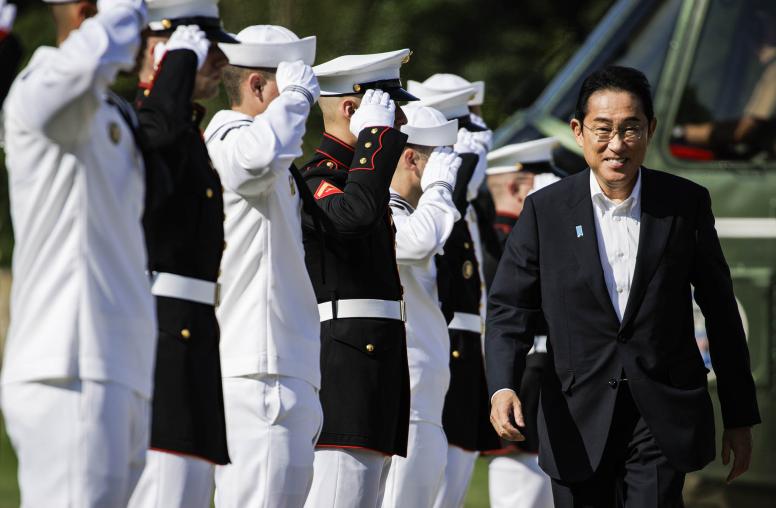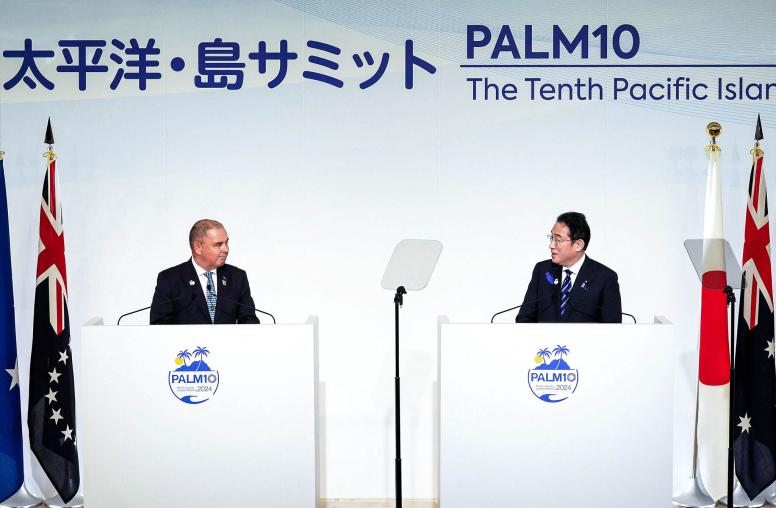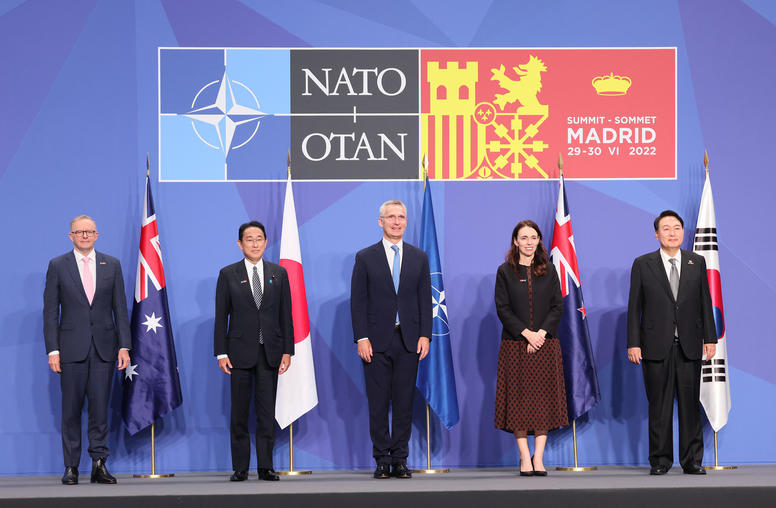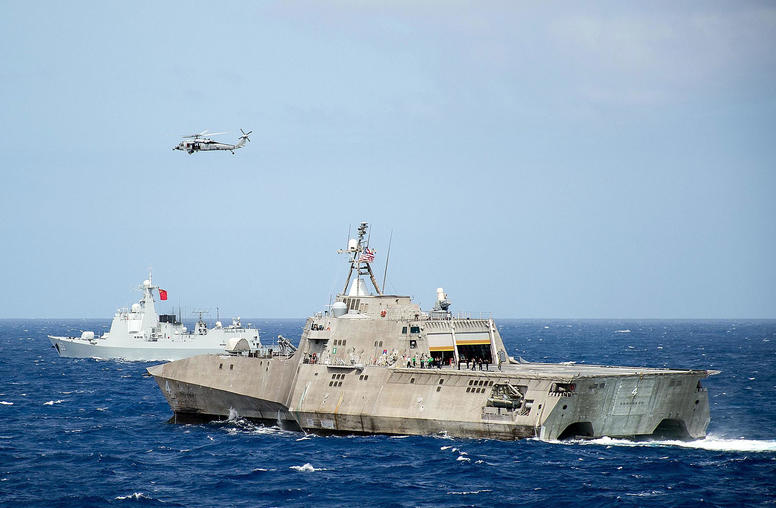 Japan
Japan
Featured Publications

How Fumio Kishida Shaped Japan’s Foreign Policy
Earlier this month, Japanese Prime Minister Fumio Kishida made the surprise announcement that he would not seek another term. Although he was prime minister for less than four years, Kishida’s foreign policy legacy spans strategic and tactical advances in Japan’s defense and diplomatic posture. His approach represented both a continuation of and divergence from the legacy of his former boss, Prime Minister Shinzo Abe, under whom Kishida acted as Japan’s longest-serving foreign minister. Although Kishida’s successes on foreign affairs were overshadowed by domestic political scandals involving his Liberal Democratic Party (LDP), as well as lack-luster economic growth, he oversaw increases in Japan’s reputation and popularity in the region and globally, as well as the institutionalization of related partnership gains.

Japan-Pacific Islands Summit: Contending with Nuclear and Colonial Legacies
Last week, Pacific Island leaders flew to Tokyo for the Pacific Alliance Leaders Meeting (PALM), a summit between Japan and the Pacific Islands Forum (PIF). The meeting, which has occurred every three years since 1997, is designed to elevate Japan’s engagement with the forum and address common challenges, including climate change, fisheries and development.

Amid a Changing Global Order, NATO Looks East
As NATO celebrates its 75th anniversary this year, the Euro-Atlantic security alliance continues to deepen its engagement with Australia, Japan, South Korea and New Zealand, collectively known as the IP4. NATO has collaborated with these countries since the early 2000s, but Russia’s war against Ukraine, security challenges posed by China and renewed strategic competition have led to increased engagement. As the war in Ukraine grinds on and U.S.-China competition shows no sign of abating, the United States has much to gain from collaboration between its allies and partners in the Euro-Atlantic and Indo-Pacific.
Current Projects

NATO and Indo-Pacific Partners: Understanding Views and Interests
To increase understanding of these changes and their impacts, USIP convened an expert study group consisting of experts from NATO countries and from NATO’s formal partner countries in the Indo-Pacific: Australia, Japan, South Korea and New Zealand, which are informally known as the Indo-Pacific Four (or IP4).

Crisis Communications with China in the Indo-Pacific
In today’s era of strategic competition between the United States and China, crises are more likely than ever in the Indo-Pacific region. Effective mechanisms are therefore needed to prevent such crises from escalating into armed conflict. To this end, USIP is examining crisis communication mechanisms and negotiations between China and its regional neighbors to identify common issues and themes across countries to provide lessons that can be learned and shared.

Resolving Tensions Between South Korea and Japan: An Essay Series
South Korea and Japan normalized relations in 1965, but unresolved historical disputes continue to undermine genuine bilateral reconciliation and optimal diplomatic, security and economic cooperation. Past efforts, both between the two countries and trilaterally with the United States, to help improve relations have generally emphasized a “future-oriented” approach that focused on common security and economic interests.